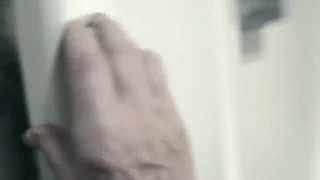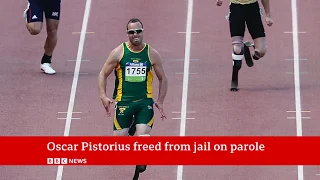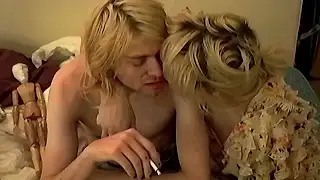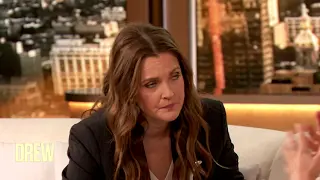The highly anticipated documentary, “Where Is Wendy Williams?”, delves into the unexpected reality of Wendy Williams’ life after she was diagnosed with frontotemporal dementia and primary progressive aphasia. But the journey of this documentary wasn’t what filmmakers, Erica Hanson and Mark Ford, originally envisioned.

From Comeback to Concern:
Originally intended to chronicle Wendy’s comeback, the project took a sharp turn as concerns grew about her well-being. “We were concerned about her being alone, clearly drinking a lot… she was really isolated,” explained Hanson, highlighting their reasons for continuing to film. “It was important for us to shed light on the reality of Wendy’s life under this care.”
A Guardian and a Glaring Question:
The documentary throws light on Wendy being placed under a court-appointed guardian, leaving viewers wondering why family members weren’t involved. “That’s a huge question that we don’t know the answer to,” admitted Ford, pointing to the sealed court proceedings.
More Than Just Wendy’s Story:
While the film focuses on Wendy, producers emphasize its broader significance. “It’s a universal story that millions of people can relate to,” said Erica. “It’s not comfortable, and it is painful at times, but we feel like we shed light on a really important story about care and the challenges faced by individuals and families.”
Uncertain Future and Unanswered Inquiries:
The documentary leaves viewers with a sense of unease regarding Wendy’s current state. “She really had declined at that point,” stated Hanson, reflecting on their last interaction with Wendy. “We were all very relieved that she was able to go to a treatment center.”
With Wendy’s current location and awareness of the documentary unknown, the filmmakers await any feedback. However, they acknowledge her family’s positive update on her condition.
Unveiling Reality, Sparking Conversations:
“Where Is Wendy Williams?” may not paint a picture perfect picture, but it sheds light on a complex situation, raising questions about care and guardianship, while offering a relatable narrative for many viewers. The documentary sparks important conversations, leaving viewers with a sense of empathy and a desire for a positive resolution for Wendy.












Discussion about this post